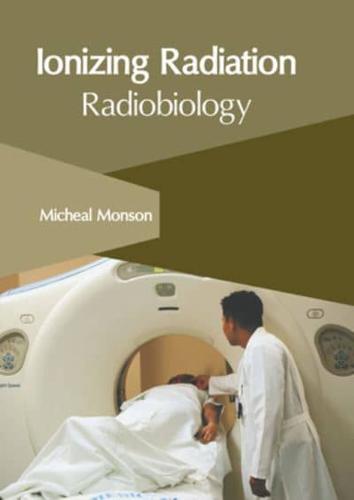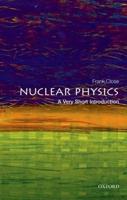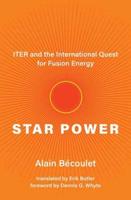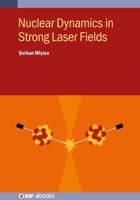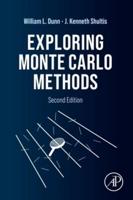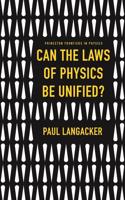Publisher's Synopsis
Radiobiology is a field of medical science that studies the action of ionizing radiation on biological tissues and their cellular and molecular components. Ionizing radiation can cause severe harmful impacts in living beings but it can also provide health benefits for treating cancer and thyrotoxicosis through radiation therapy. Ionizing subatomic particles can be classified into five types, namely, alpha particles, beta particles, positrons, gamma rays and X-rays. The most common impact of ionizing radiation is that it may induce cancer with a latent period of years or decades after exposure. The administration of high doses of ionizing radiation can cause visually dramatic radiation burns and may prove fatal due to acute radiation syndrome. Therefore, controlled doses of ionizing radiation are administered for medical imaging and radiotherapy. There are four factors that determine the success or failure of standard clinical radiation treatment. These factors include repair of DNA damage, redistribution of cells in the cell cycle, repopulation, and reoxygenation of hypoxic tumor areas. This book contains some path-breaking studies in the field of radiobiology. Scientists and students actively engaged in the study of ionizing radiation will find it full of crucial and unexplored concepts.


